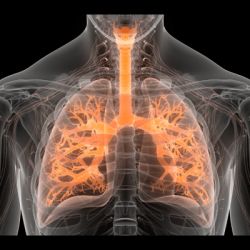The role and the environment can determine what makes a good radiologist. Personal character will help to determine the career path a radiologist will follow. For example, a radiologist who deals with mainly acute cases is often forced to make fast decisions and this requires having a pragmatic personality. Whereas a radiologist who deals with elective cases will need more time for thorough analysis, which does not require such fast decisions to be made.
It is important to acknowledge personal character as it may make one more prone to become a subspecialist radiologist rather than a general radiologist. The key is to recognise one’s strengths, passion and suitability.
A good radiologist will need to be highly competent with their communication skills – communicate with each other and other departments is an essential skill, particularly if one is working remotely. It is important that young professionals in the field are able to adapt a routine in how to approach a case, learn from mistakes and communicate them to teach others.
The profession is very technologically driven and it is a rapidly changing field. To be able to work efficiently and be supported by AI tools is a skill radiologists must be confident with in order to adapt to the technological changes that are coming.
Lastly, the development and application of critical thinking skills is a requirement and expectation of clinical radiographic practice. A good clinical radiologist can become one by by asking questions or understanding the basis of an established problem; such a skill will be essential if one is to have success in the field.


























